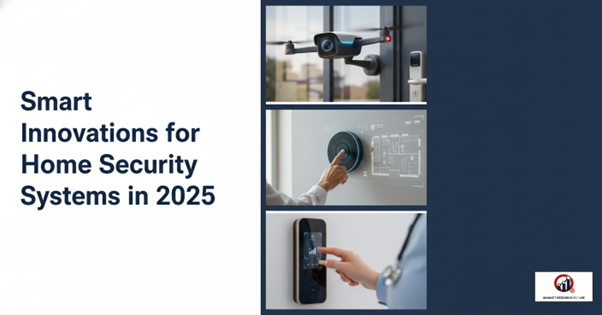Home Security Systems: New Technologies

Why Home Security Is Important
Locks and alarms are no longer enough to keep your home safe. You also need to make it a safe and strong place for you and your family. No system can make a home completely safe, but using a lot of different tools together makes it much less likely that something bad will happen. Today's technology lets homeowners protect their property in a smart and cheap way, making home safety smarter than ever.
Motion Sensors: Find out before damage happens
Modern motion sensors are an important part of keeping your home safe. These devices can tell when something moves in your home and send an alert to your smartphone or other connected device right away. Some sensors are put above doors and windows, while smaller clip-on versions can be put on corners without needing to be installed. Motion sensors are a proactive way to keep an eye on your home, whether it's inside or outside. They make intruders think twice before breaking in.
Solutions for Smart Homes
Smart technology has changed the way we live in our homes. You can now get alerts for fire or break-ins, as well as automatic door locks and remote-controlled thermostats, from anywhere in the world. Not only do these new features make things safer, but they also make them easier and more relaxing. Homeowners can change their security systems without having to depend on traditional security companies, which lowers costs while still giving them control over their property.
Cameras that watch over you
Cameras that watch over your home are still an important part of modern home security. Cameras let homeowners keep an eye on their property in real time, whether they are wired in high definition or wirelessly. You can easily add wireless cameras that connect to your smart home network through Wi-Fi. They can send live feeds and alerts straight to your devices. Choosing the right system depends on the type of connection you want and the quality of the video you want, so your home is always being watched closely.
In conclusion
In 2025, home security will be about using smart, easy-to-use, and high-tech tools. A full defense system is made up of motion sensors, smart solutions, and high-tech security cameras that work together. Your home can be a safe, comfortable place to live in today's fast-paced world if you learn about and use these new technologies.

Leave a Comment